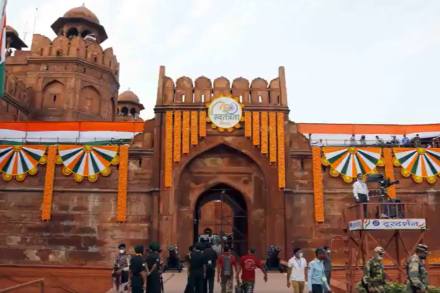75th Independence Day, History and Significance of 15th August: Indians across the country will be commemorating the country’s freedom from the British rule by celebrating its 75th Independence Day on August 15, 2021 when the tricolour will be unfurled by Prime Minister Narendra Modi.
The Indian Independence Day Bill was introduced in the British House of Commons on July 4, 1947, and passed within a fortnight. On August 15, 1947, Indian became a free nation with the bifurcation of India and Pakistan.
However, what many of us don’t know is the reason why August 15 was chosen as the Independence Day which was earlier scheduled to be observed on January 26.
For 200 years, Indians suffered domination of the British colonisers beginning in 1757. Their control over the country was gained by the victory of English East India Company at the Battle of Plassey.
Lord Mountbatten – the last Viceroy of India – got the mandate from the British Parliament to transfer the power by June 30, 1948. However, he chose to leave India almost a year before the due date.
August 15 is also remembered for the partition of undivided India into India Pakistan, which took place on August 14-15 in 1947.
The British governed the country with their ‘divide and rule’ policy which led to differences between Hindus and Muslims of the country. Owing to this unrest, a separate country was formed on the eve of August 14, 1947 after violent riots, mass killings and exodus of nearly 15 million people.
On August 15, 1947, Jawaharlal Nehru, the first prime minister of Independent India, unveiled the tricolour at Delhi’s Red Fort. The customary practice continues till date as the prime minister unfurls the tricolour before delivering a speech from the historic monument.
Independence Day is a reminder of the sacrifices made by our valiant freedom fighters who stood against the colonisers, and suffered harshest of the consequences unflinchingly.
